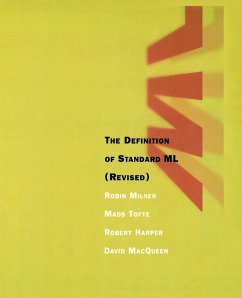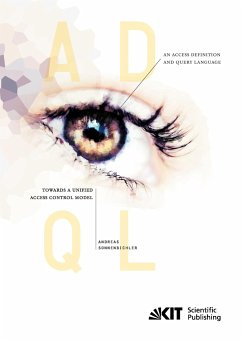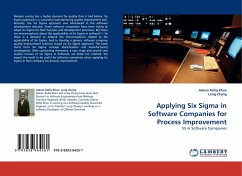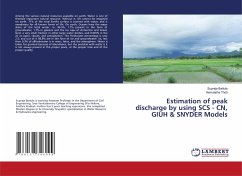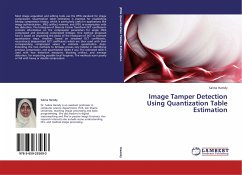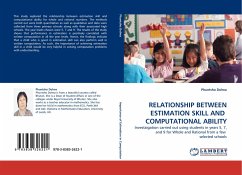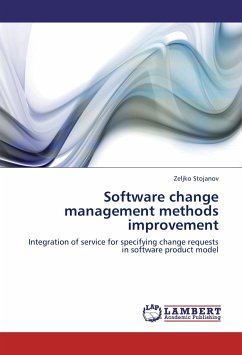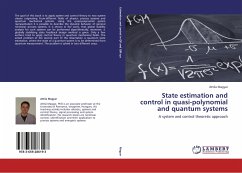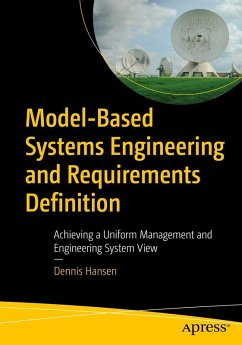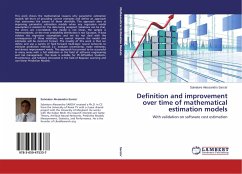
Definition and improvement over time of mathematical estimation models
With validation on software cost estimation
Versandkostenfrei!
Versandfertig in 6-10 Tagen
25,99 €
inkl. MwSt.

PAYBACK Punkte
13 °P sammeln!
This work shows the mathematical reasons why parametric estimation models fall short of providing correct estimates and define an approach that overcomes the causes of these shortfalls. The approach aims at improving parametric estimation models when any regression model assumption is violated for the data being analyzed. Violations can be that, the errors are x-correlated, the model is not linear, the sample is heteroscedastic, or the error probability distribution is not Gaussian. If data violates the regression assumptions and we do not deal with the consequences of these violations, we can...
This work shows the mathematical reasons why parametric estimation models fall short of providing correct estimates and define an approach that overcomes the causes of these shortfalls. The approach aims at improving parametric estimation models when any regression model assumption is violated for the data being analyzed. Violations can be that, the errors are x-correlated, the model is not linear, the sample is heteroscedastic, or the error probability distribution is not Gaussian. If data violates the regression assumptions and we do not deal with the consequences of these violations, we cannot improve the model and estimates will be incorrect forever. The novelty of this work is that we define and use a variety of feed-forward multi-layer neural networks to estimate prediction intervals (i.e. evaluate uncertainty), make estimates, and detect improvement needs. This approach has proved to be successful in many areas with a full validation in the field of software engineering and risk management. This book is suitable for Ph.D/PostDoc Students, Practitioners, and Scholars interested in the field of Bayesian Learning and non-linear Prediction Models.



